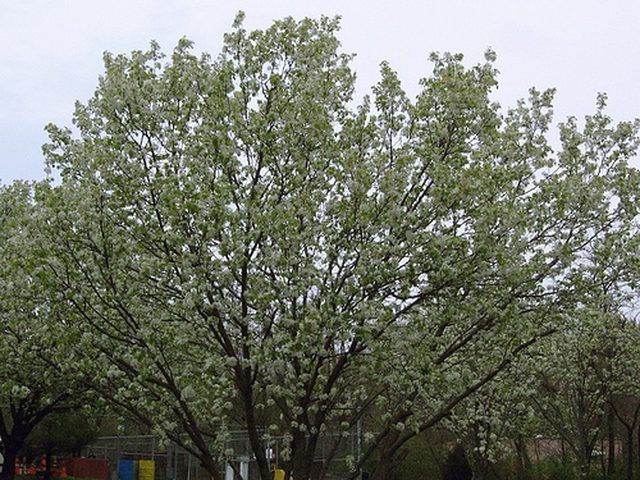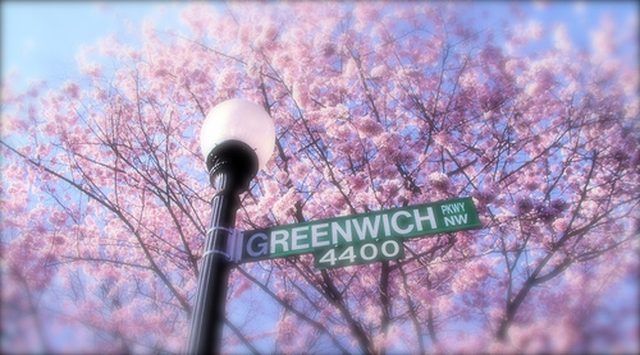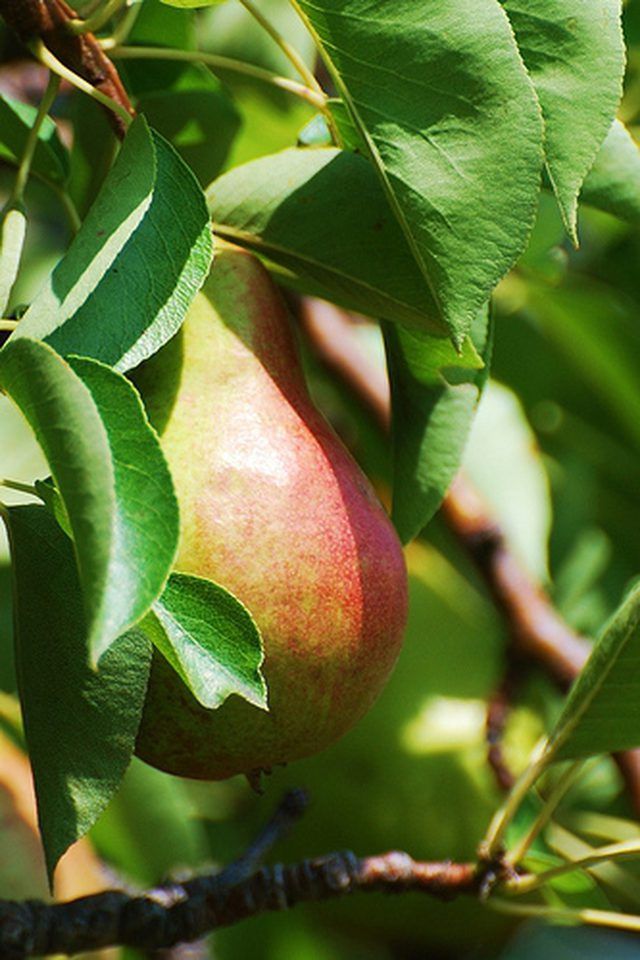Bulbs
Flower Basics
Flower Beds & Specialty Gardens
Flower Garden
Garden Furniture
Garden Gnomes
Garden Seeds
Garden Sheds
Garden Statues
Garden Tools & Supplies
Gardening Basics
Green & Organic
Groundcovers & Vines
Growing Annuals
Growing Basil
Growing Beans
Growing Berries
Growing Blueberries
Growing Cactus
Growing Corn
Growing Cotton
Growing Edibles
Growing Flowers
Growing Garlic
Growing Grapes
Growing Grass
Growing Herbs
Growing Jasmine
Growing Mint
Growing Mushrooms
Orchids
Growing Peanuts
Growing Perennials
Growing Plants
Growing Rosemary
Growing Roses
Growing Strawberries
Growing Sunflowers
Growing Thyme
Growing Tomatoes
Growing Tulips
Growing Vegetables
Herb Basics
Herb Garden
Indoor Growing
Landscaping Basics
Landscaping Patios
Landscaping Plants
Landscaping Shrubs
Landscaping Trees
Landscaping Walks & Pathways
Lawn Basics
Lawn Maintenance
Lawn Mowers
Lawn Ornaments
Lawn Planting
Lawn Tools
Outdoor Growing
Overall Landscape Planning
Pests, Weeds & Problems
Plant Basics
Rock Garden
Rose Garden
Shrubs
Soil
Specialty Gardens
Trees
Vegetable Garden
Yard Maintenance
Ayers Pear Tree Information
Ayers Pear Tree Information. The Ayers Pear Tree is a member of the Rosaceae family and is found in locations worldwide, though it is traditionally associated with the southern part of the United States.

The Ayers Pear Tree is a member of the Rosaceae family and is found in locations worldwide, though it is traditionally associated with the southern part of the United States.
Features
The Ayers Pear tree grows to a height of up to 30 feet, with upright vertical branches. It has medium-sized deciduous leaves and its fruit is yellow with a reddish tint.
Blossoms
This tree blooms from early to late spring and has fragrant pink and white flowers. The blooms are partially self-pollinating.

Fruit
Ayers pears have smooth flesh and a very high sugar content. They should be picked early and allowed to ripen for a few days before eating. The fruits generally ripen from August to September.

Planting
The recommended soil range for this tree is sandy loam to loam. It grows well in full sun and has a high tolerance for heat and humidity. The recommended phRange is 5.5 to 7.
Care
Ayers Pear Trees don't require constant pruning, and most varieties are resistant to fire blight. Protections should be provided against caterpillars, blister mites, aphids, dieback, and powdery mildew. The USDA hardiness zone is 5 to 9.